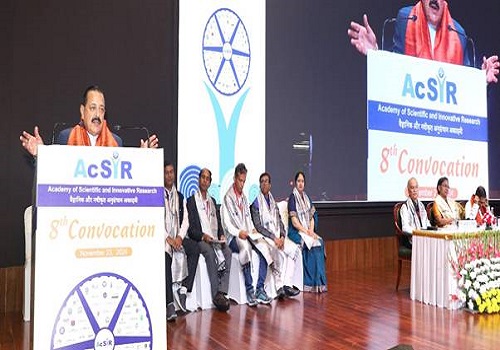Pets eased children`s loneliness in lockdown: Study

Follow us Now on Telegram ! Get daily 10 - 12 important updates on Business, Finance and Investment. Join our Telegram Channel
Family pets help children better manage feelings of stress and loneliness, which have been greatly exacerbated by virtual schooling as a result of the pandemic, shows a new survey.
According to UNICEF, at least 1 in 7 children -- or 332 million globally -- has lived under nationwide stay-at-home policies for at least nine months since the start of the Covid-19 pandemic, putting their mental health and well-being at risk.
The Mars Petcare survey of parents reveals that more than eight in 10 parents found that their family pet helped their child feel less lonely during lockdown, with more than three-quarters feeling that day-to-day interactions with their cat or dog reduced their child's stress and anxiety. Parents agreed their pet supported their child during the unprecedented break from in-person schooling by improving their mood, providing companionship and giving much-needed emotional support.
For many families navigating the stress and challenges of home-schooling, pets have offered children crucial support.
The survey also found that pets positively impacted a child's experience of virtual learning and academic performance across all ages -- with nine in 10 parents seeing improvements in their child's emotional, social and core skill development including having more energy and improved concentration, providing a fun topic of conversation to engage with their classmates and teachers, and giving them a much-needed break away from the screen.
"There are proven benefits to having pets in the classroom when it comes to improving children's confidence, focus and reducing their stress, but this survey shows that pets also played an important part in helping children emotionally as they come to terms with this unprecedented time away from their peers," says Mary Margaret Callahan of the leading therapy animal organisation Pet Partners.
This increased bond between children and their pets has many benefits for the pet too. Three-fourth believed their pet is also calmer now that they spend more time with their child.
























